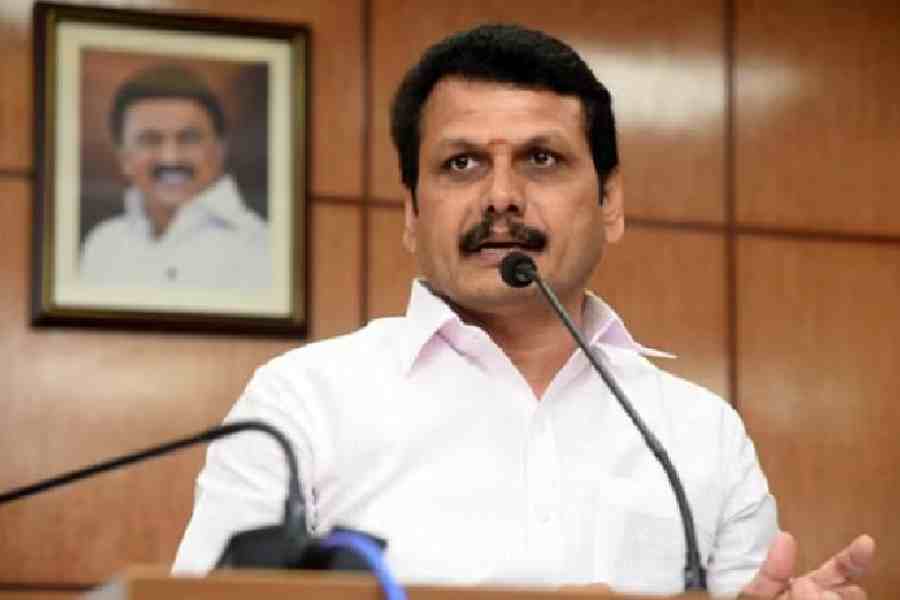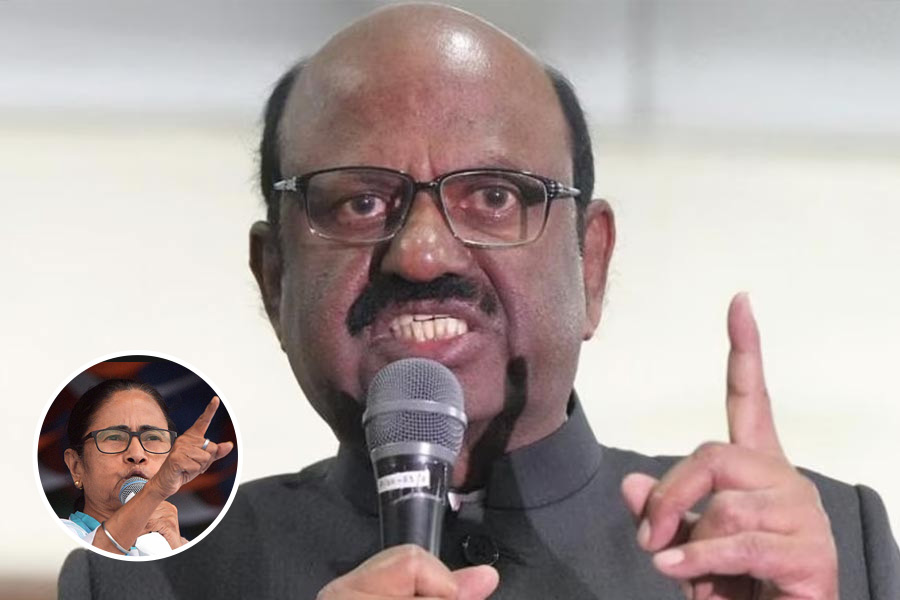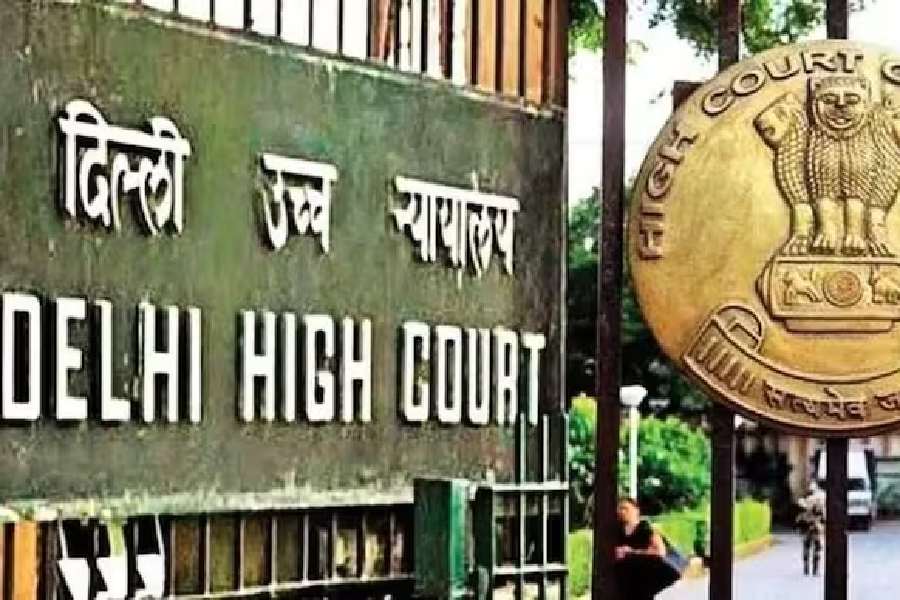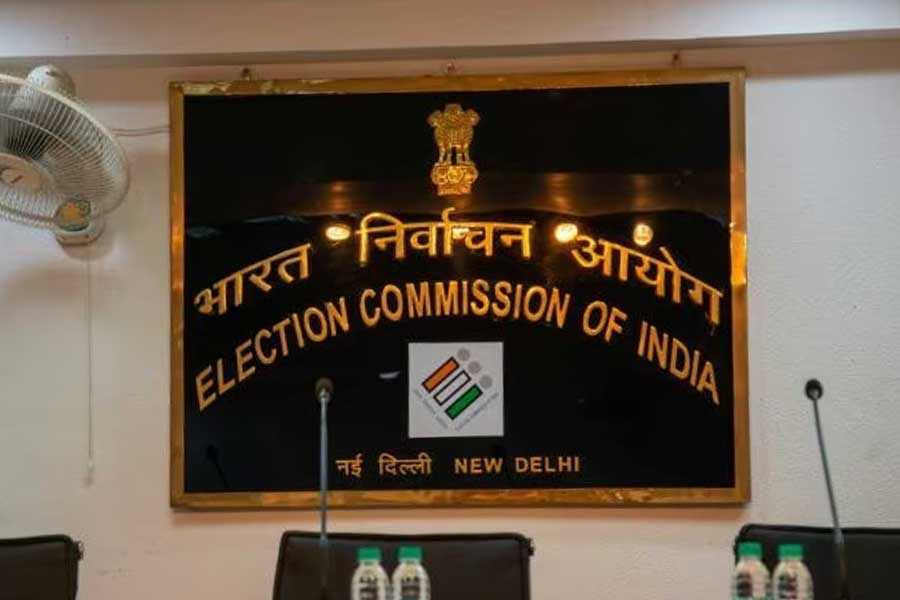Indians are becoming used to assaults on the Constitution. And to the acrimony between governors appointed by the Centre and Opposition governments in states. Even then, the recent actions of the Tamil Nadu governor, R.N. Ravi, seemed extraordinary. Mr Ravi dismissed a minister of the state cabinet, V. Senthil Balaji, entirely on his own steam after Mr Balaji was arrested by the Enforcement Directorate for an alleged jobs-for-cash scandal dating back to 2014. A lengthy statement from the Raj Bhavan listed accusations of corruption against Mr Balaji, and declared that his presence in the government would hamper investigation. The apparent reasonableness of the argument was vitiated by the fact that the governor’s action directly flouted the Constitution, which states that the governor shall be advised in the appointment and dismissal of ministers by the chief minister. That ministers hold their positions at the ‘pleasure’ of the governor is a formality due to his constitutional office; no governor can exercise or withdraw this ‘pleasure’ arbitrarily without the chief minister’s advice. A call from the Union home ministry, however, appeared to prompt Mr Ravi to stay the dismissal until he had consulted legal opinion.
The Tamil Nadu governor’s action must be seen as part of an ongoing series of unconstitutional actions by governors of Opposition states. A governor is not expected to voice constant criticism, be obstructive or to intervene, for instance, in university appointments even as chancellor. What some governors chosen by the Narendra Modi-led government refuse to acknowledge is that a democracy is run by elected governments — including the government at the Centre — while a governor’s post is not an elected one. A governor has some duties as a ceremonial head, but certainly not the right to impinge on the functions of the state government or hijack the chief minister’s job. Mr Ravi’s action, although held back, had begun as another attempt to weaken the federal structure. The Modi government’s efforts to undermine the Constitution seem to be the model for Mr Ravi and others, with Jagdeep Dhankhar having blazed the trail in West Bengal earlier. He is the present vice-president; is that a reason for other governors to push the frontiers too? By undermining the Constitution instead of upholding it as their position requires, they place themselves against democracy. That is the agenda they share with the Centre.










